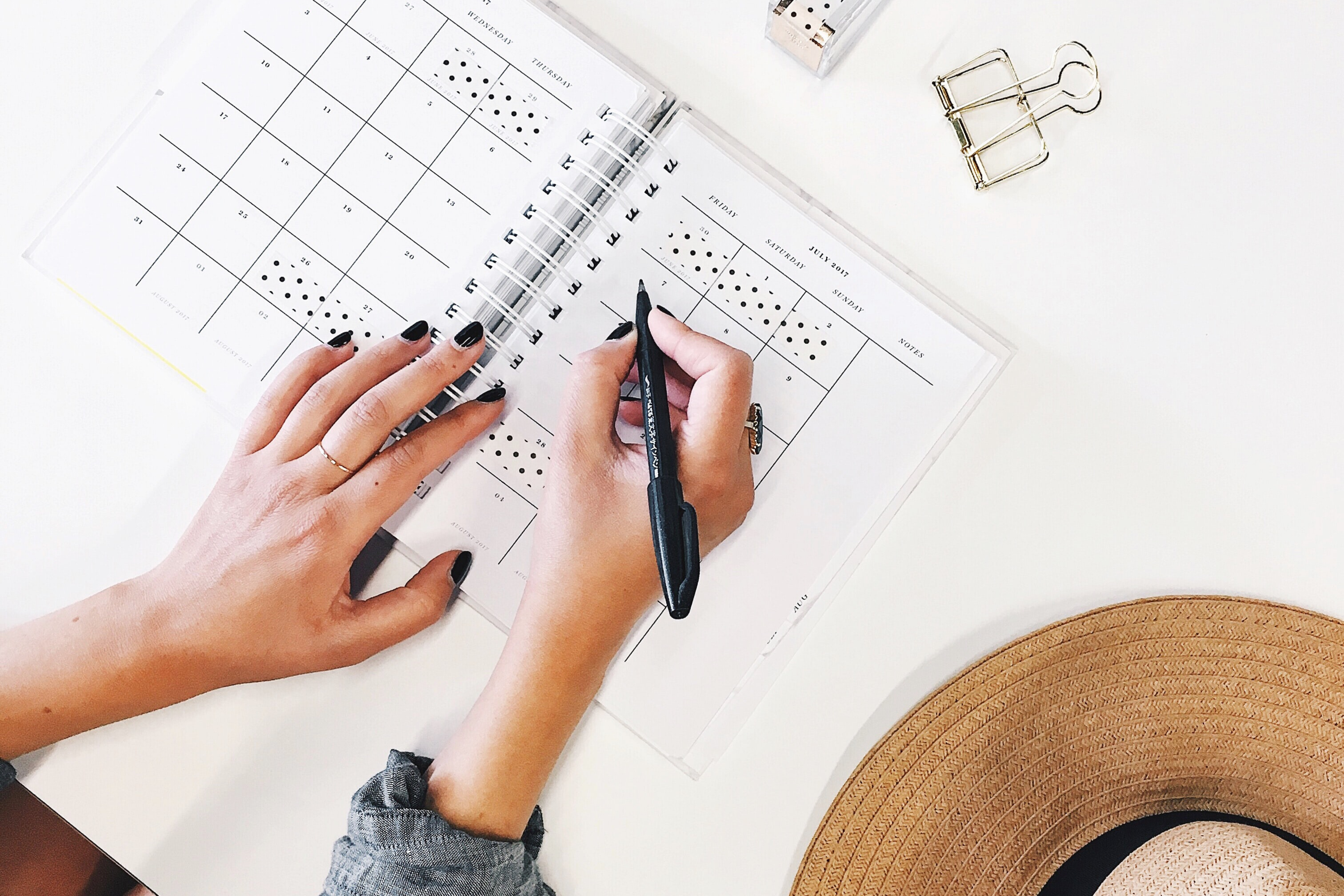
There are many qualities that come naturally to me, but unfortunately, self-discipline isn’t one of them. Despite being blessed with a mother who’s mastered self-control, her presence wasn’t enough to ingrain restraint into my behaviours. Under her roof, I followed her routine. But once I earnt my own income, it was clear self-discipline wasn’t my forte. With no financial budget in place, every cent earnt led to sugary snacks and iTunes vouchers. It was a behaviour never acknowledged, let alone tamed, so the problem worsened once I moved out of the home.
I’d like to say that after a year of living solo and standing on my own two feet that I’ve mastered the art of self-discipline. But I’m far away from nearing that status. For a long time, I’ve baffled at why my attempts to control my diet and lifestyle have failed to succeed. However, after reading Mark Manson’s take on self-discipline, and comparing it to traditional (and repetitive) advice, I’ve seen the crux of the problem.
Classic VS Modern Self Discipline
Typically, advice for improving self-discipline leans on willpower. As Mark identifies, this belief that self-discipline = willpower is the classic approach to developing the behaviour. The problem with this approach is that relying solely on willpower leads to self-destruction because it forces you to deny and reject your emotions.
While logic can help guide our decisions, ultimately emotions drive our choices. So when willpower jumps in and tells us to not to feel what we’re feeling, shame starts to manifest. We start to hate ourselves for just being us. In an attempt to ignore the resentment, we numb it with indulgences like alcohol, drugs and excessive amounts of unhealthy food. Even binge-watching Netflix is considered a numbing device. Generally speaking, self-discipline often focuses on a healthier diet, improving exercise or increasing productivity, so this classic approach becomes a destructive paradox that contradicts its purpose, resulting in chaos instead of control.
A more modern take on self-discipline is that it must work with your emotions, rather than telling them they shouldn’t exist (let alone acted upon). Given we live in a society whereby over 10% of the world’s population has a mental health disorder, this approach could not be more necessary. Plus, as human beings, we’re raging with hormones that alter our emotions on a daily basis. To say rally against your emotions will willpower is essentially rejecting the human experience.
Despite traditional advice relying heavily on willpower, there are some nuggets of gold that add value to developing the behaviour. But the key is to be flexible in your approach and allow room for your emotions to take shape.
-
GET TO KNOW YOUR STRENGTHS + WEAKNESSES
In order to work with your self, you need to know what you’re working with. Sure, we’ve been asked to reveal our strengths and weaknesses during job interviews, but do yours change between your professional and personal life? Across the board, I’m a perfectionist and I consider it a strength and a weakness. On one hand, I deliver exceptional work and my attention to detail is second to none. But then again, simple tasks can take longer than necessary and deadlines are missed due to chasing perfection. By being aware of the pros and cons, I’m better able to address and improve my self-discipline.
-
SAY GOODBYE TO TEMPTATIONS
The classic saying, “out of sight, out of mind”, could not be more relevant when self-discipline is concerned. I’m (shamefully) a culprit for eating whatever’s insight, especially when I’m home alone. My studio is my sanctuary whereby I can exist in ease, making it a very incompatible space for self-control to prevail. However, where my discipline does kick in is when I’m food shopping. By sticking to my shopping list and not adding the unnecessary items to my trolley, I know I can live comfortably at home with little control needed.
-
PREP A PLAN + STICK TO IT
Given I was a university student who navigated life via three separate planners, it’s safe to say this is my favourite method to improve self-discipline. By planning your week, shopping list and financial budget you’re able to develop an expectation of the future and set limitations to work with. What’s also important while planning is making sure you leave some room to work with your emotions and space to celebrate your efforts, like a take out treat on a Friday night.
-
REAP THE TREAT
Going cold turkey straight up is a one-way ticket to self-discipline disintegrating. So rather than depriving yourself (and your emotions) of the things you truly enjoy, consider incorporating them as a treat to further encourage your efforts.
-
FORGIVE + GO FORTH
No matter how far you’ve come, there will be moments when your self-discipline falters. But rather than throwing in the towel complete, acknowledge and accept these marginal slips to avoid an extravagant slide. Evolving your routine is a challenge that won’t always go to plan, but see these oversights as an opportunity to learn and further improve your self-discipline.